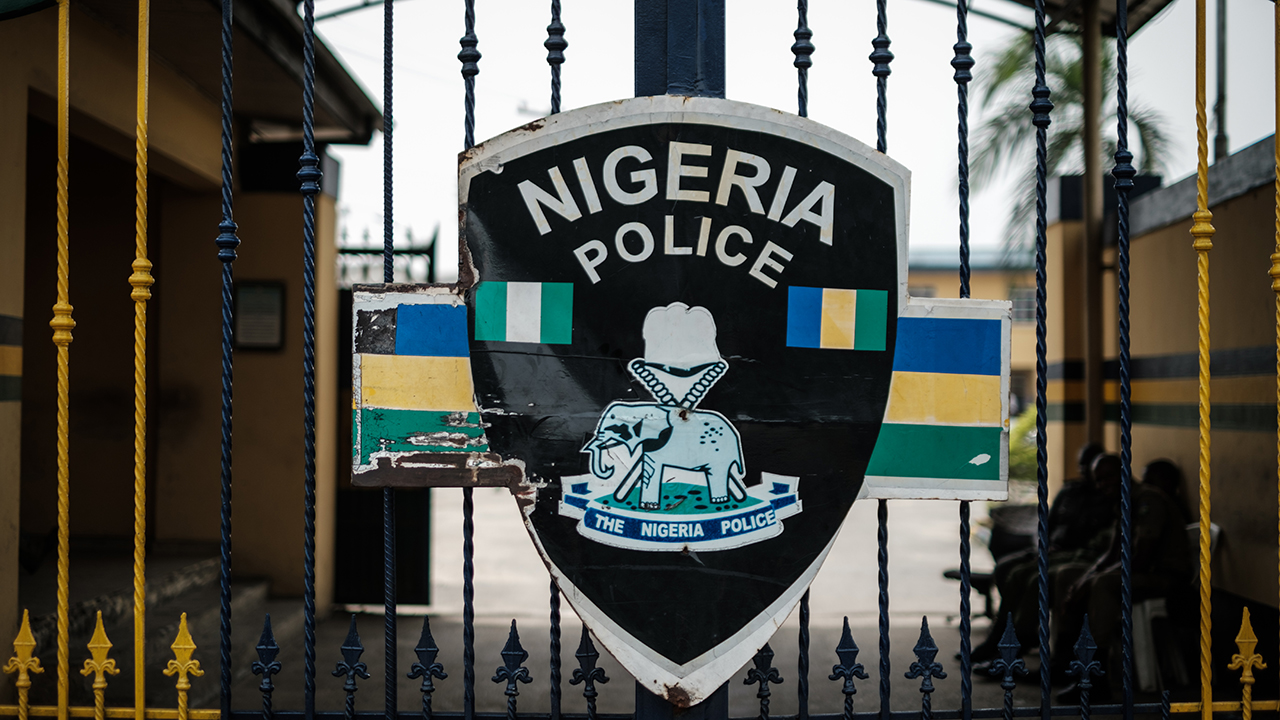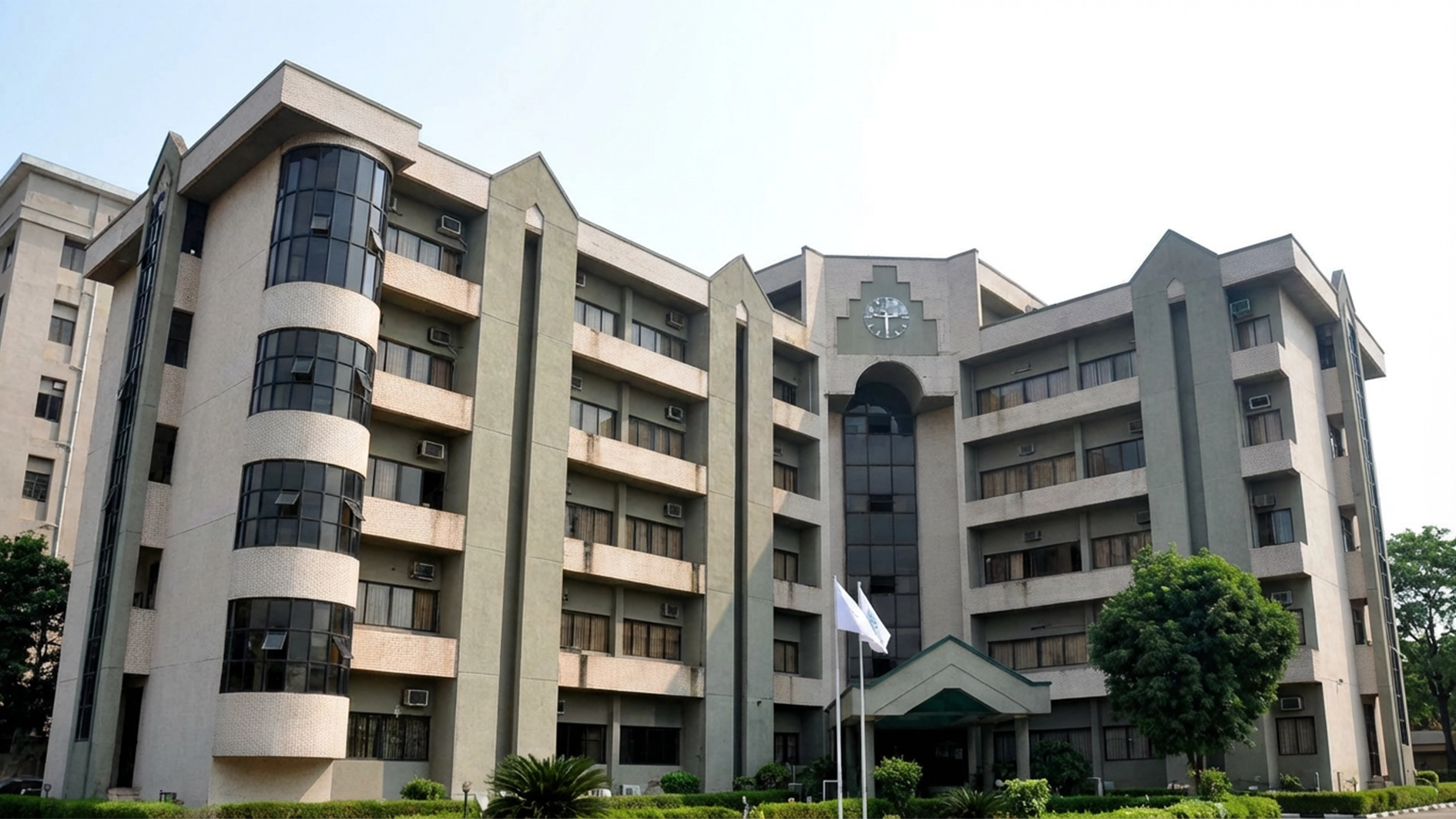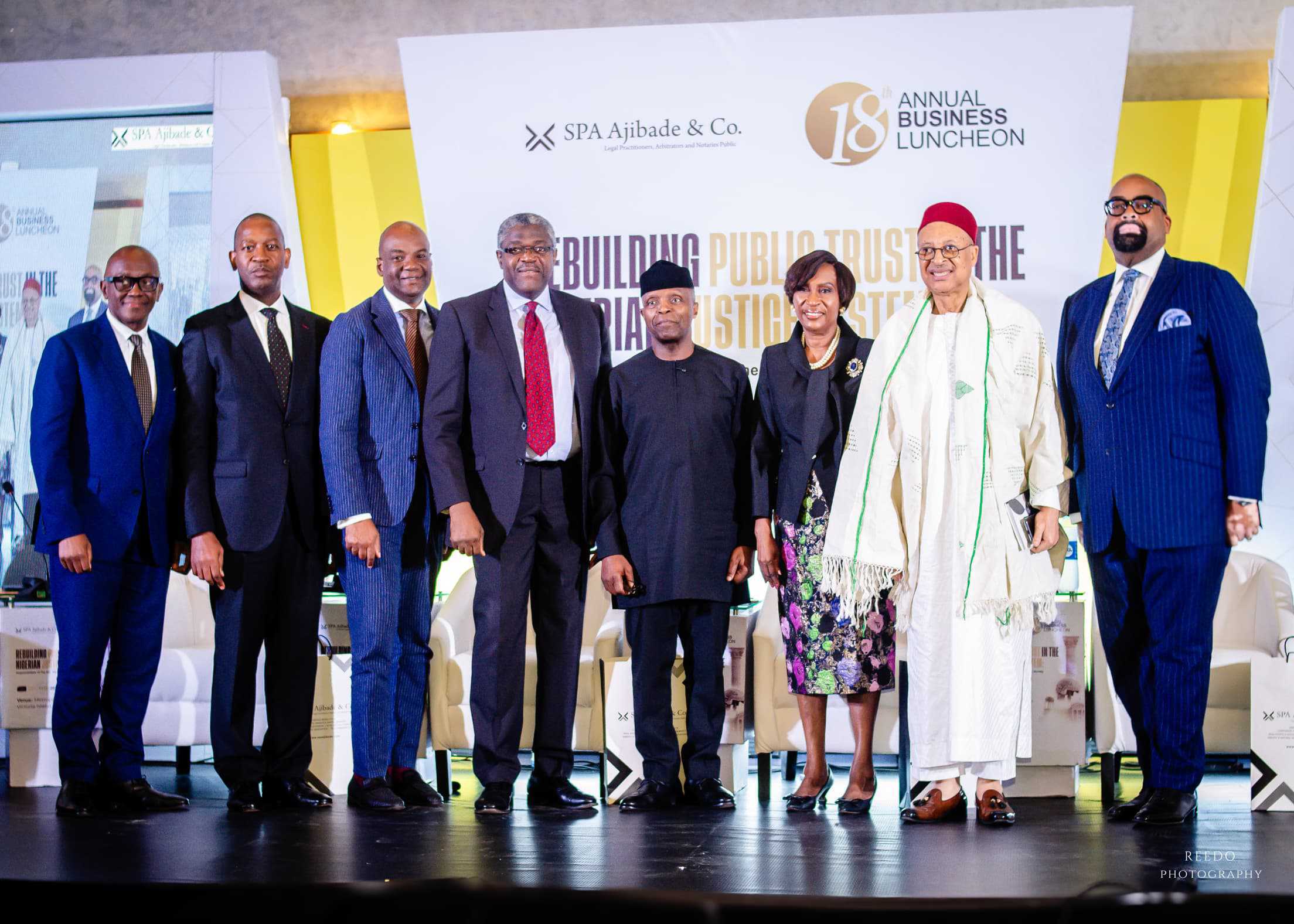
Despite the critical role Nigeria Police play in nation building as well as the sustenance of democracy, the force has continued to be haunted by the circumstances of its beginning as a colonial constabulary that was established to repress civil society and whose conduct has long been characterised by impunity, including extortion and other sundry abuse of the fundamental human rights of the citizens.
The dwindling security situation in the country has, therefore, reinforced the need for structural changes to facilitate and make the police more effective.
A former member of the House of Representatives, Golu Timothy, told The Guardian that such reforms must include an urgent attitudinal change by Police personnel from the top to bottom among other radical measures of paradigm shift.
He said: “The Police need urgent reforms to make it more effective and efficient. The police administration is not producing good results as a result of attitudinal and administrative deficiencies. Radical measures of strict discipline and extra ministerial policies need to be in place.”
The veteran journalist and former lawmaker, who was a member of the 8th National Assembly, said the Nigeria police have been in one place for too long, without adequate training, focus, expectation and goals.
“It has remained the same under different leaderships and governments, and therefore, no new results. New reform will accommodate checks and balances, new budget systems and monitoring mechanisms. Because it is the closest public security agency, it needs constant attitudinal training to adapt to changing societal values,” he suggested.
The chairman, Nigerian Union of Journalist (NUJ), FCT Council, Comrade Emmanuel Ogbeche, said there is “something dysfunctional” about the Police, which requires urgent intervention in the form of reforms.
“There is a consensus I believe that the police need to be reformed. From recruitment, funding and control, there is something dysfunctional about it. First, people are recruited on the basis of quota. Even if there are unqualified people in such a state, the quota must be filled. It is for this reason you find police constables that can barely read or write.
“Secondly, the issue of funding remains a challenge. Without state governors buying gadgets, vehicles and other equipment for the police, it will simply be more disastrous than we have. I know the Police Trust Fund was launched, but the idea that a state governor provides operational support to the police but can’t give even the basic order is source of worry.
“To have an efficient police, we should outsource the recruitment to reputable organisations, cede some control to the states so that their funding or support can be robust and more enduring,” he advocated.
The present security challenges in Nigeria, including insurgency, banditry, kidnappings, cybercrimes, violent crimes, and organised transnational crimes make it inevitable and compelling for a reorientation and reform of the body.
Indeed, while the members of the public are in agreement that the police and other security forces in Nigeria are key players in the government’s efforts to address the deteriorating security problems, there is also a general consensus, however, that for the police and security reforms in the country to be effective, certain structural changes are necessary.
It is against this backdrop that Presidency officials suggest that for meaningful change to be achieved through the reform of the Police, attention has to be paid to both the force as well as policing.
“If we are to achieve real and sustainable reform in the Police, our focus must be fixed on the personnel (those individuals sworn to uphold the law), to policing systems (the policies, practices, and culture of the police organisation itself),” the officials say.
That is why Presidency officials recently came up with a Presidential Roadmap on Police Reform specifically developed as the first major effort by the administration of President Muhammadu Buhari to reform the Police, and build upon the President’s commitment to police reform.
This followed his assent to the Police Bill (now law) in 2020, which repealed the old colonial law of 1943 and other reform initiatives set in place, including the disbandment of the SARS unit of the police.
“The roadmap, therefore, represents a consolidation of previous police reform initiatives and a blueprint for actualising the reformist imperatives embedded in the Nigeria Police Act, 2020.
“The aim of this roadmap is to enhance the accountability and transparency of the police, promote respect for citizens, build trust and confidence and community relations, increase its professionalism, and leverage strongly on technology, intelligence and data and create a Police institution that is responsive to the needs of the community.
“That is why in outlining a new vision for policing in Nigeria, the office of the Chief of Staff to the President, headed by Prof Ibrahim Gambari, believes that “the reform roadmap for the police must be guided by certain principles, which will serve as the salient pillars of the reform effort.”
The office has consequently itemised these principles among others:
Building trust and legitimacy
Building trust and nurturing legitimacy on both sides of the police–citizen divide is the foundational principle underlying the nature of relations between law enforcement agencies and the communities they serve.
Leadership, accountability and oversight
If the police are to carry out their responsibilities according to established policies, those policies must reflect community values. It also requires a more effective leadership posture for the police
Technology and social media
The use of technology can improve policing practices and build community trust and legitimacy, but its implementation must be built on a defined policy framework with its purposes and goals clearly delineated.
Implementing new technologies can give the police an opportunity to fully engage and educate communities and demographic groups in a dialogue about their expectations for transparency, accountability, and privacy.
With a booming youth population, it is imperative that the NPF embraces and engages with technology and social media.
Community policing and crime reduction
Given the complexity and diversity of the society, policing must be reimagined and reinvented as a partnership between the police and the public.
Community policing, which emphasises working with local residents to co-create public safety must be entrenched as a guiding philosophy for all stakeholders.
Officers training and education
As the scope of law enforcement’s responsibilities expands, the need for expanded and more effective training has become critical. Officers must be trained and enabled to address a wide variety of challenges including international terrorism, communal conflicts, evolving technologies, changing laws, new cultural mores, and a growing mental health crisis.
Funding, officers’ welfare, wellness and safety
The welfare and safety of police officers is critical not only for the officers, their colleagues, and the NPF, but also to public safety. The proper implementation of measures designed to guarantee officer wellness and safety is essential to boosting morale and increasing productivity.
Demilitarisation of policing
Through a new training and doctrine system, the ethos of policing needs to be moved away from the dominant militaristic orientation unto a focus on community strategies that allow for co-ownership of public safety.
Ensuring police accountability
Independent law enforcement oversight structures must be strengthened via a reform of the Police Service Commission (PSC) and ensuring that it is sufficiently resourced and empowered to hold the police accountable to the community, including through community policing structures as required in Section 113 to 115 of the Police Act 2020.
Promoting transparency
All policies, protocols and force orders regarding officer-involved incidents, including use of force policies, should be publicly available, and all investigations, prosecutions, and dispositions regarding officer-involved incidents should be reported to the public quarterly.
Use of force and protection of human life
Police policies must make clear that force can be no greater than what is objectively necessary and proportionate to the threat posed at that specific moment, and officers must be trained to abide by this principle of proportionality.
Police funding, welfare and pay
The government should declare a state of emergency on police funding in Nigeria. A panel should be constituted to advise the President on the actual realistic level of funding that is needed to have an effective police service in the country.
Police Act 2020 full implementation
The Police and PSC should constitute a joint committee to produce an implementation plan with timelines on how the provisions of the Act will be delivered and socialized amongst the rank and also compute the funding that will be required to adequately implement all the provisions of the Act.
Strategic assessment
The first phase in the reform of the Police involves a thorough analysis of the issues, environment of operation, institutional gaps and legal frameworks, which inform policing services in Nigeria.
It is undertaken to identify underlying problems within the police that will guide the reform agenda.
Strategic planning
The importance of strategy in the NPF cannot be over-emphasized. It will help to guide and focus the entire work of the NPF to be service-driven by democratic norms, values and best practices. A good strategy will help to build a force that is resilient, effective, efficient, and competitive.
Implementation
This requires a set of actions (short, medium and long term) that will make the difference when implemented within the Police. The starting point for the implementation of the strategy is the identification of the changes required to bridge the gap between the old way of doing things within the Police and the new ways things need to be done especially in areas of skills, processes and procedures, systems and structures, organisational and cultural changes
Evaluation
It is envisaged that a Presidential Working Group on Police Reform will be constituted. It will develop a monitoring and evaluation framework for the implementation of the Roadmap to ascertain progress and effectiveness.






